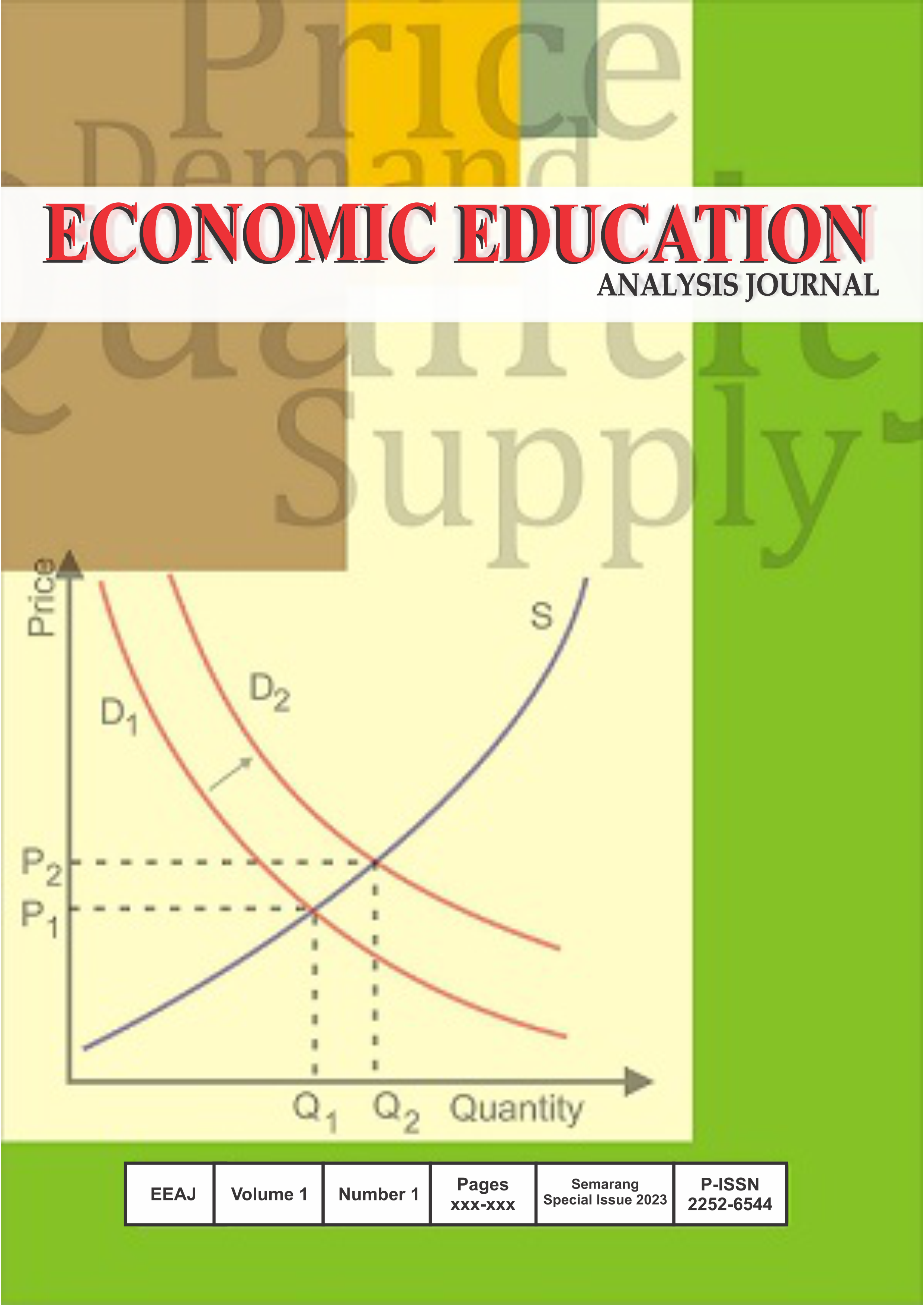Social Media Fatigue in the Healthcare Industry and its Impact on Environment and Energy Consumption
Main Article Content
Abstract
The significant number of users on social media platforms (SMP) has shown a positive trend lately in the healthcare industry. However, the side effects of social media platforms can cause social media fatigue (SMF) and stress due to the information delivered. While this phenomenon still occurs, some evidence has also shown that users’ fatigue and stress from high social media consumption have been increasing. In addition, it can also reduce environmental activism and education, such as; activities that lead to electronic waste and energy consumption. To address this issue, this research will empirically examine the association between information quality and media richness of social media platforms towards social media fatigue and their implication for the environment and well-being in the healthcare industry. The purposive sampling is designed with 150 respondents using WhatsApp platforms as samples. To analyse the data, this study proposed a structural equation model (SEM) with PLS 3.3 as the tool of the quantitative approach. The findings from WhatsApp users show: (1) Information Quality (IQ) has negatively affected social media fatigue, where it is shown that the better the quality of information, the less fatigue the social media is, (2) Media Richness (MR) has negatively affected to the social media fatigue, it is shown that the richer the media, the less fatigue the social media is. In addition, to enrich the knowledge and fill the novelty, the practical implication of the research is also discussed in this paper.
